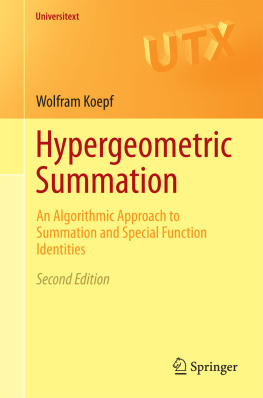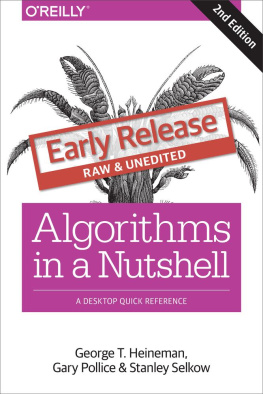Algorithmic Modernity

Oxford University Press is a department of the University of Oxford. It furthers the Universitys objective of excellence in research, scholarship, and education by publishing worldwide. Oxford is a registered trade mark of Oxford University Press in the UK and certain other countries.
Published in the United States of America by Oxford University Press
198 Madison Avenue, New York, NY 10016, United States of America.
Oxford University Press 2023
All rights reserved. No part of this publication may be reproduced, stored in a retrieval system, or transmitted, in any form or by any means, without the prior permission in writing of Oxford University Press, or as expressly permitted by law, by license, or under terms agreed with the appropriate reproduction rights organization. Inquiries concerning reproduction outside the scope of the above should be sent to the Rights Department, Oxford University Press, at the address above.
You must not circulate this work in any other form and you must impose this same condition on any acquirer.
Library of Congress Cataloging-in-Publication Data
Names: Ames, Morgan G., editor. | Mazzotti, Massimo, editor.
Title: Algorithmic modernity : mechanizing thought and action, 15002000 /
edited by Morgan G. Ames and Massimo Mazzotti.
Description: New York, NY : Oxford University Press, [2023] |
Includes bibliographical references and index.
Identifiers: LCCN 2022018922 (print) | LCCN 2022018923 (ebook) |
ISBN 9780197502426 (hardback) | ISBN 9780197502440 (epub)
Subjects: LCSH: AlgorithmsHistory. | MathematicsHistory.
Classification: LCC QA9.58 .A2535 2022 (print) | LCC QA9.58 (ebook) |
DDC 518/.1dc23/eng20220718
LC record available at https://lccn.loc.gov/2022018922
LC ebook record available at https://lccn.loc.gov/2022018923
DOI: 10.1093/oso/9780197502426.001.0001
Contents
Morgan G. Ames and Massimo Mazzotti
Abram Kaplan
Michael J. Barany
Amir Alexander
J. B. Shank
Caitlin C. Rosenthal
Kevin Lambert
Andrew Fiss
Theodora Dryer
Christopher J. Phillips
Matthew L. Jones
Amir Alexander teaches the history of science at UCLA. His latest book is Proof! How the World Became Geometrical (2019), which recounts how the ancient science of geometry came to shape the world we know today. The interdependence of mathematics and the culture of modernity was also the subject of his previous books: Geometrical Landscapes (2002), Duel at Dawn: Heroes, Martyrs, and the Rise of Modern Mathematics (2010), and Infinitesimal: The Dangerous Mathematical Theory That Shaped the Modern World (2014). Alexanders latest project focuses on how the Cartesian mathematical grid codified a vision of the New World and was inscribed onto the landscape of North America.
Morgan G. Ames is Assistant Professor of Practice in the School of Information and Associate Director of Research for the Center for Science, Technology, Medicine and Society (CSTMS) at the University of California, Berkeley. Ames researches the ideological origins of inequality in the technology world, with a focus on utopianism, childhood, and learning. Her book The Charisma Machine: The Life, Death, and Legacy of One Laptop per Child (MIT Press, 2019), winner of the 2020 Best Information Science Book Award, the 2020 Sally Hacker Prize, and the 2021 Computer History Museum Prize, draws on archival research and ethnographic fieldwork in Paraguay to explore the cultural history, results, and legacy of the OLPC projectand what it tells us about the many other technology projects that draw on similar utopian ideals.
Michael J. Barany is Lecturer in the History of Science at the University of Edinburgh. Barany researches and teaches the history, sociology, and culture of modern mathematics and science. His main current project examines the institutional, infrastructural, intellectual, political, and cultural transformations associated with the globalization of mathematical research. The essay shared here derives from a long-running investigation into the social and material foundations and uses of elementary mathematical concepts, from the Euclidean Point to the basic counting numbers. With Kirsti Niskanen, he coedited the volume Gender, Embodiment, and the History of the Scholarly Persona (Palgrave, 2021). His historical research has figured in recent discussions of politics and diversity in contemporary mathematics and education, and his essays have appeared five times in the Best Writing on Mathematics anthology series.
Theodora Dryer PhD is a writer, historian, and critical policy analyst. Her research centers on data and technology in the climate crisis and the political functions of algorithms and digital data systems in water and natural resource management. She teaches on technology and environmental justice at New York University.
Andrew Fiss received graduate degrees in History and Philosophy of Science and postdoctoral fellowships in Science, Technology, and Society (STS) and writing studies, which have positioned him to work at the intersections of STS and Scientific and Technical Communication. His research articles have appeared in the journals Science & Education, History of Education Quarterly, New York History, Peitho, Configurations, and Technical Communication Quarterly. Fisss book Performing Math: A History of Communication and Anxiety in the American Mathematics Classroom (Rutgers University Press, 2020) argues that we must understand mathematics as communication-based, particularly in order to deal with Americans widespread math hatred and high rates of math anxiety. With evidence from a dozen educational archives, it recovers the performative dimensions of communicating about mathematics during the emergence of many assumptions, techniques, and frameworks of American higher education.
Matthew L. Jones is James R. Barker Professor of Contemporary Civilization at Columbia University, where he focuses on the history of science and technology in early modern Europe and on recent information technologies. With his collaborator Chris Wiggins, he is completing How Data Happened: A History of the Science, Politics, and Power of Data, Statistics, and Machine Learning from the 1800s to the Present (Norton, forthcoming). His publications include Reckoning with Matter: Calculating Machines, Improvement, and Thinking about Thinking from Pascal to Babbage (University of Chicago Press, 2016) and The Good Life in the Scientific Revolution (University of Chicago Press, 2006).
Abram Kaplan is a junior fellow at the Harvard Society of Fellows. His research focuses on humanism and the exact sciences in early modern Europe. Themes discussed in the present essay, notably the relationship between demonstration and means of persuasion, are also discussed in his 2018 article for Notes and Records. He is working on a book manuscript, based on his dissertation, about the Renaissance roots of the idea of progress in mathematics.
Kevin Lambert is Professor in the Department of Liberal Studies at California State University Fullerton and a historian of modern science and mathematics. His book Symbols and Things: Material Mathematics in the Eighteenth and Nineteenth Centuries

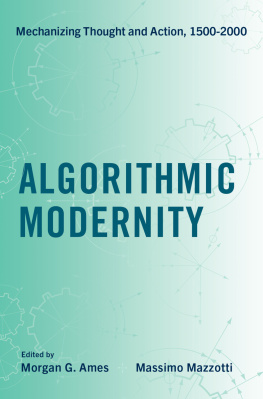
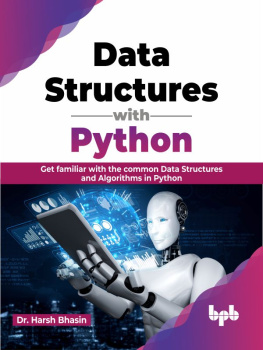
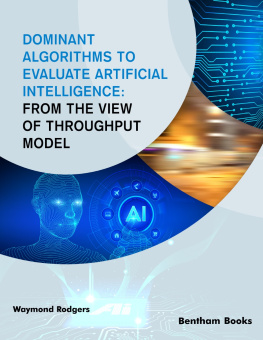
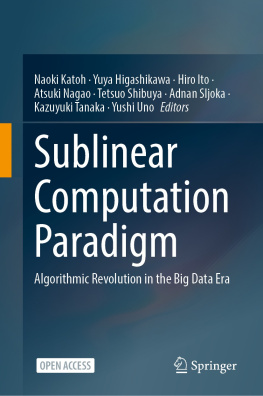
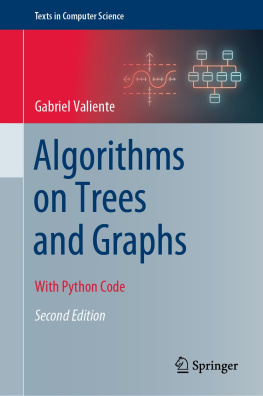
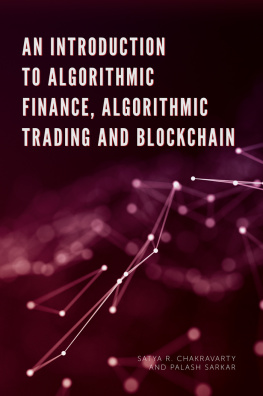
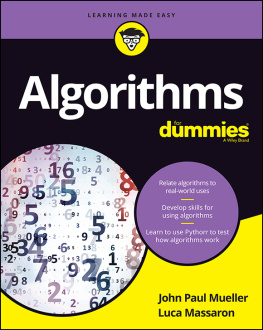
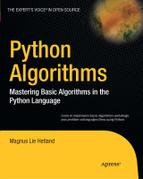
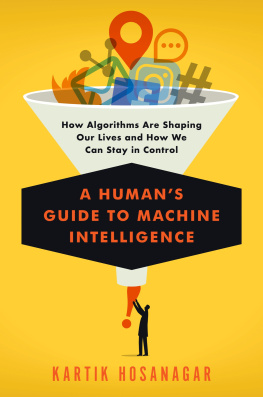
![Magnus Lie Hetland [Magnus Lie Hetland] - Python Algorithms: Mastering Basic Algorithms in the Python Language, Second Edition](/uploads/posts/book/124062/thumbs/magnus-lie-hetland-magnus-lie-hetland-python.jpg)
